Around the United States and the world, there are people who absolutely love their city, state, or country’s sports teams. Some save up to buy tickets to the games, others watch with friends at a bar, and some have people over to enjoy at home.
But no matter how they participate, sports fans always band together to support their teams. However, a new study shows that Gen Z isn’t into sports, and some say it shows a larger issue for the young generation.
A Study Asked People from Every Generation How They Feel About Sports

In 2021, the Fandom Analytics Initiative asked 1,400 people from every generation several questions, including whether they consider themselves avid sports fans and even if they would categorize themselves as anti-sports.
The first thing the study noted was that only 23% of Generation Z said yes when asked if they were avid sports fans.
Older Generations Had a Much Higher Percentage of Sports Fans
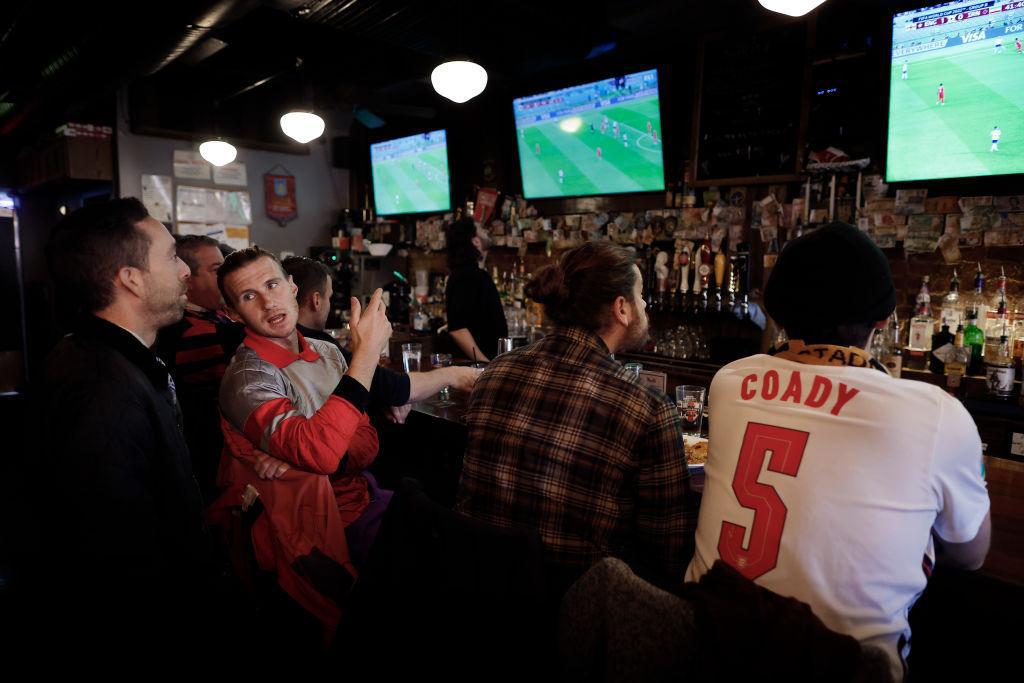
This is quite low compared to the 42% of Millennials, 31% of Baby Boomers, and 33% of Generation X, who said they were certainly avid fans.
It was also interesting that while 27% of Gen Z said they were anti-sports, only 7% of Millenials, 5% of Gen X, and 6% of Baby Boomers agreed with that statement.
The Study Also Included Questions Regarding Psychological Traits
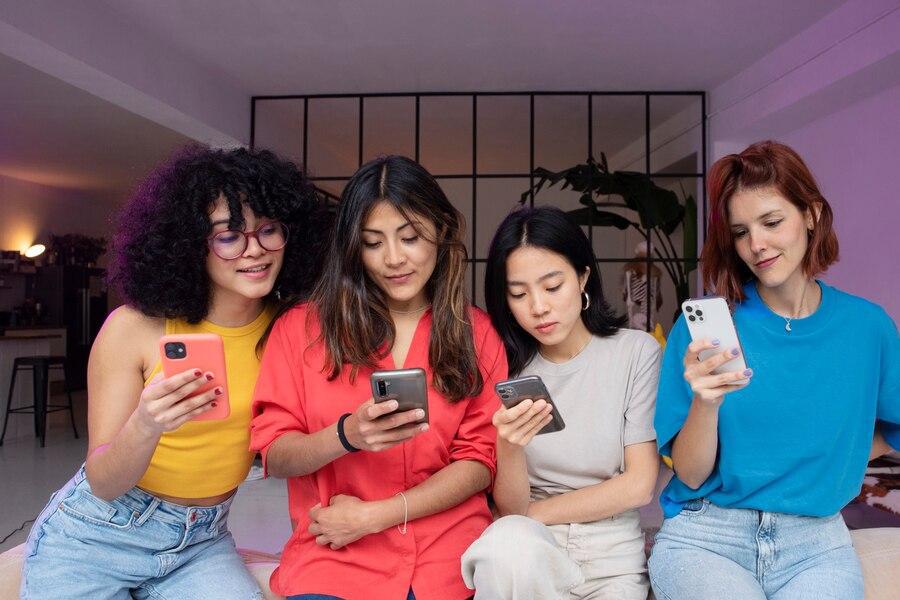
This study wasn’t solely conducted to find out which generation loves sports the most; the deeper idea was to note how generations feel about culture and community. They also asked questions about psychological traits, personalities, social justice culture, politics, brands, and celebrities.
And overall, they noticed that Generation Z has several very different personality traits from the other three generations of adults living today.
‘A Very Deep Issue’

Mike Lewis, a professor of marketing and the director of EmoryMAC, wrote in the survey, “I think there’s a very deep issue going on. Something fundamental has shifted.”
So now, people are wondering exactly what this “deep issue” is and why Gen Z isn’t responding to the survey questions like the other generations are.
The Most Prominent Aspect of Gen Zers
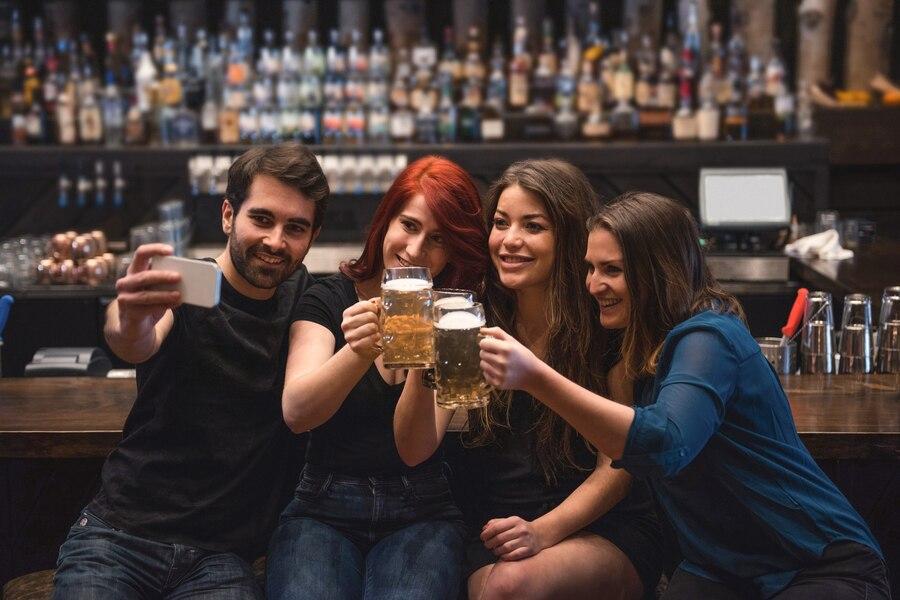
Lewis reported that he and his team believe the real issue is the lack belonging and the need for community Gen Z is experiencing.
Lewis explained, “Part of the lack of Generation Z fandom is due to younger individuals having less intense feelings of group belonging in general.”
Generation Z Lacks Personal Connection

Overall, Gen Zers don’t feel the need for traditional office dynamics, church services, or even drinking at a local bar.
As some experts say, they lack “civil involvement” and do not prioritize personal connection to those around them.
Gen Z Don’t Even Get to Know Their Neighbors
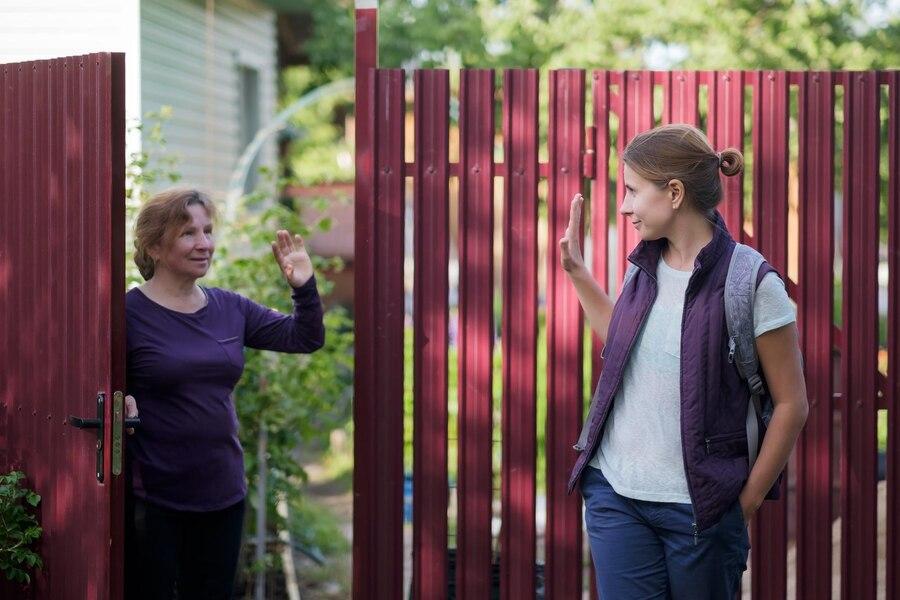
In another survey, 26% of people under the age of 40 don’t know their neighbors’ names. Comparatively, only 89% of people in their 50s reported that they absolutely do know the names of their neighbors.
Many argue that the main reason why Gen Z has such a lack of desire for in-person connection is because they are finding it on their phones, but that’s not entirely true.
Social Media Is Getting Further Away from Connection

When social media first became popular, sites such as Facebook and Instagram connected people with those they already knew in real life. It offered them a way to show their friends what they were up to and communicate easily via Messenger.
However, now, the most popular social media app is TikTok, an app that shows random clips from people users have never met and will most likely never directly communicate with.
Excessive Screen Time Is Also Playing a Part

In addition to the fact that the newer social media apps offer less connection than ever before, Gen Z’s distinct personality traits could also be being affected by the sheer amount of time spent looking at screens.
The Los Angeles Times reported that Gen Z spends “half of its waking hours on screen time.” And interestingly, the Yale School of Medicine noted that “youth who spent the most time on their digital technology were statistically more likely to exhibit higher levels of internalizing,” i.e., social anxiety and depression.
Some Blame COVID for Gen Z’s Lack of Connection

Of course, it’s important to note that for many Gen Zers, the COVID-19 lockdown occurred during their late teens and early twenties, and many wonder if this forced isolation has directly led to the generation’s indifference to community.
It’s impossible to say for sure, but it seems unlikely that this shutdown didn’t play any part in their current feelings about solitariness versus community.
What Does Gen Z’s Take on Sports Mean for the Future?
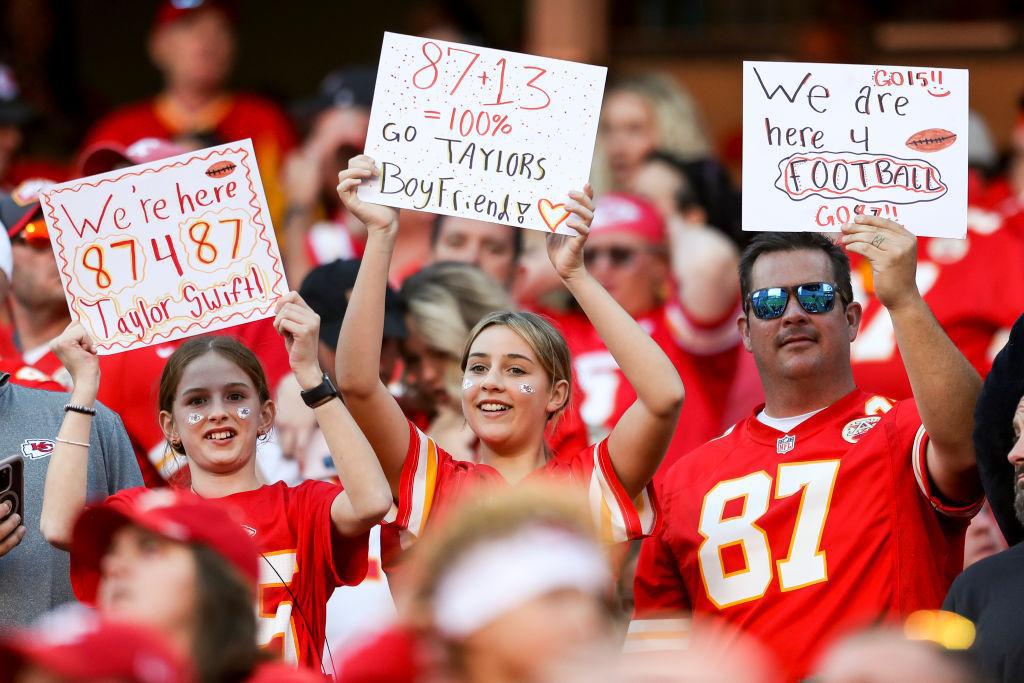
As Generation Z gets older, their opinions and this intense lack of connection through sports, the workplace, or even within small communities may certainly evolve.
However, if they don’t, and the world sees an entire generation who doesn’t care about sports or community events in general, there may be some big social changes in the near future.
